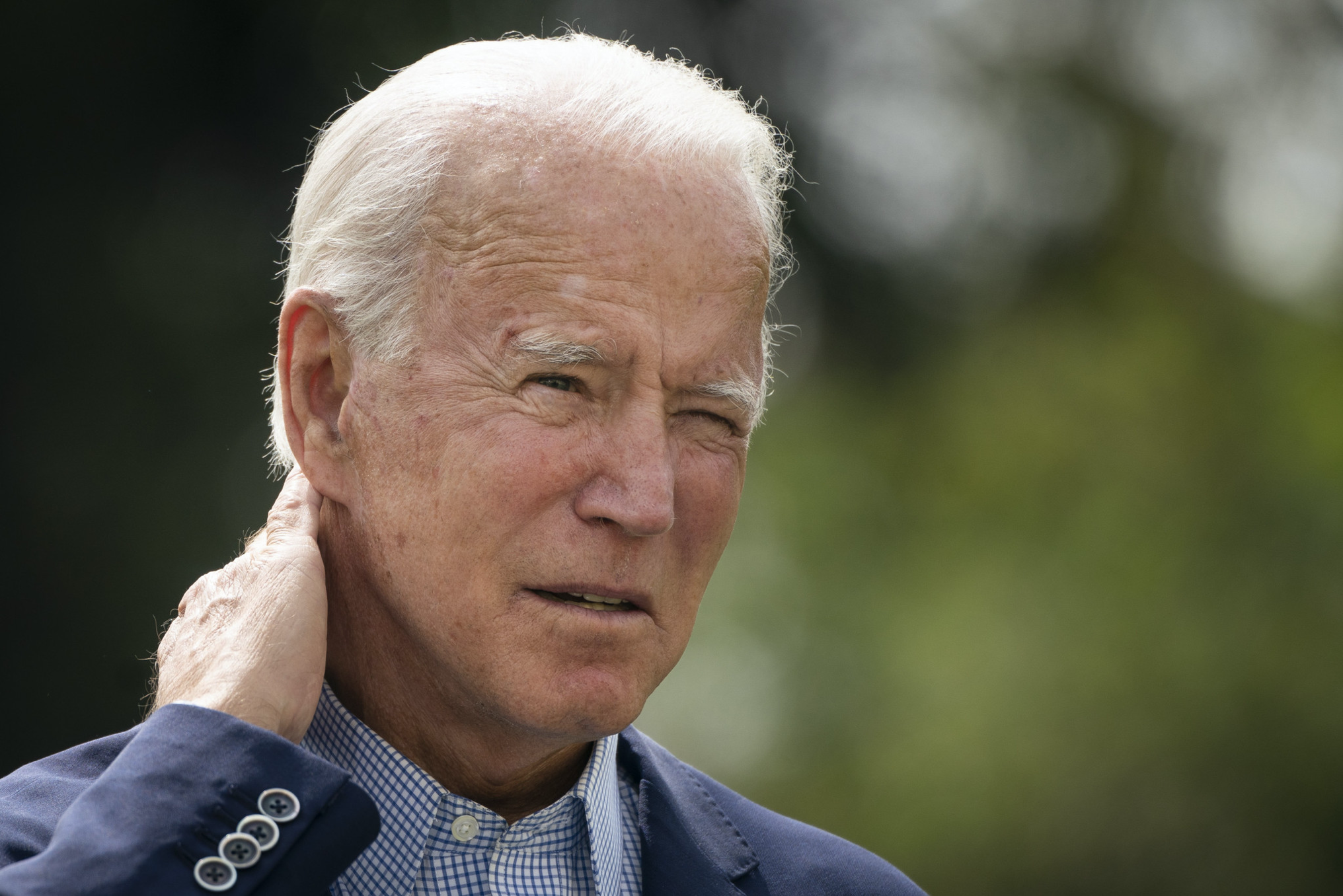Joe Biden has said the U.S. will rejoin the Paris Climate Agreement on the same day he becomes president, should he win the election.
Newsweek subscription offers >
“Today, the Trump Administration officially left the Paris Climate Agreement,” he tweeted. “And in exactly 77 days, a Biden Administration will rejoin it.”
This will be the first step for Biden in his undertaking of the mammoth task of undoing four years worth of environmental deregulation.
President Donald Trump announced the U.S. withdrawal from the Paris Climate Accord in June 2017. The White House served notice to withdraw from it on November 4, 2019. This was exactly three years after the start date for the U.S. The notice took one year to take effect, making November 4, 2020, the first day America could legally withdraw.
Over the last four years, President Donald Trump’s administration rolled back around 100 environmental regulations. It is thought more will follow should he with the election.
Throughout his tenure, Trump’s policies undermined efforts to mitigate climate change and he consistently downplayed the impact of industry on global warming. And Trump continued to threaten the role of government science right up until election day.
On 21 October, Trump had issued an executive order that, according to Nature, would make it easier for the administration to fire people who would not “toe the right political line.” The Nature article said researchers in the U.S. were concerned the order represented “yet another attack in a four-year war on science waged by the Trump administration.”
Biden’s approach to science and environmental regulations is vastly different. Ahead of the election, he announced a $2 trillion climate change plan—a proposition that aims to tackle environmental and economic challenges at the same time. He hopes to create jobs by building sustainable infrastructure and investing in clean energy.
To do this, and to recognize his ambitions when it comes to climate change, a Biden administration will have to overcome a number of hurdles, many of which relate to regulations put in place during Trump’s tenure.
The most straightforward one will be to rejoin the Paris Agreement. This is something he could do on his first day in office, Jeff Colgan, an environmental and political scientist at Brown University, told Newsweek via email.
Colgan, who is Associate Professor of Political Science and Director of Climate Solutions Lab, is one of the authors of a guide for the next U.S. president on climate action. He said the process of rejoining the Paris Agreement could take just a few weeks.
Other environmental regulations will be more difficult to undo, however.
“The challenges will first depend on what kind of Congress he faces,” Colgan said. “If there’s a blue wave and the Democrats have both the House and Senate, then Biden’s toughest challenge might come from the courts, where his environmental regulations and laws will face challenges in hostile courts, thanks to the many Trump-appointed judges.
“But if he faces a divided Congress, or even a united one, Biden will have to work hard to build broad political support for the kind of infrastructure spending he plans in his $2 trillion pledge.”
Colgan said the job creation side of his climate change plan should help him, especially after the economic impact of COVID-19. One in four U.S. adults say they or someone in their household has lost their job because of the pandemic, according to Pew research published in September.
“Ultimately, Biden’s best strategy might be less about playing defense i.e., dealing with Trump’s actions, and more about playing offense—putting in place the kind of green infrastructure and innovation incentives that the U.S. needs for the future,” Colgan said.
“Biden should set his sights so much higher than simply undoing the impact of Trump’s presidency.”
Mark P. Nevitt, associate professor of law at Syracuse University who specializes in climate change law and policy, previously told Newsweek that a Biden win would represent the “first real chance” of climate change legislation for many years.
“Congress last attempted a comprehensive climate legislation package in 2009, but this died in the Senate,” he said. “The Obama Administration was forced to rely upon executive action, but these actions can be rescinded by future administrations. Climate legislation would be viewed as a legacy item—not unlike Obama’s Affordable Care Act.
“We will also see the U.S. re-enter the world stage on climate change. The U.S. is the world’s largest historical emitter of greenhouse gas emissions and the second-largest annual emitter behind China. The world needs U.S. leadership and innovation on the climate stage.”
Colgan also said an international view is needed by Biden. He said the U.S. should establish a “climate club” where countries commit to decarbonizing their economies while using the global trade system to place “non members” at an economic disadvantage.
On the home scene, Colgan said there are many things Biden should do to boost America’s environmental standing. “[The U.S. should] modernize and integrate the electrical grids to make it easier to incorporate wind and solar power; ask the Federal Reserve to better protect the financial system from climate risks; and mandate minimum-use thresholds for sustainable aviation fuels. Plus there are all the job-creation opportunities that the Biden plan already lays out.
“[There’s] so much for a Biden administration to do.”
Correction 10/05 9.00 a.m. ET: This article has been updated to correct the spelling of Jeff Colgan.




